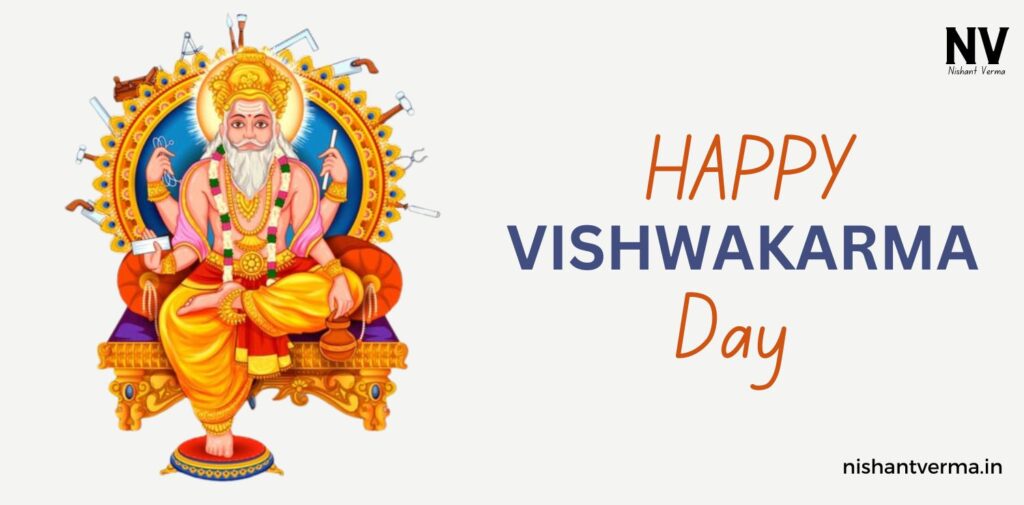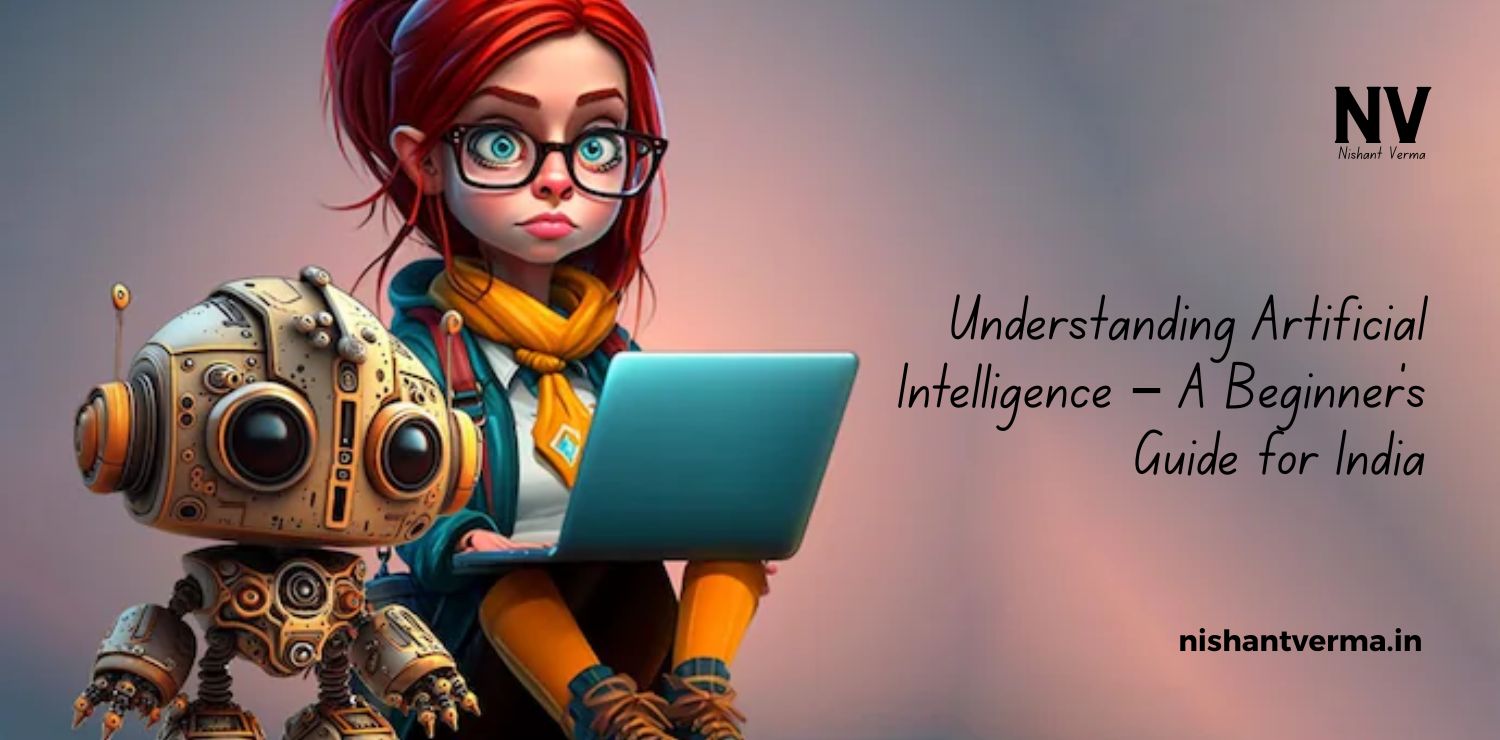Vishwakarma Day, celebrated the day after Diwali, holds special significance for craftsmen, artisans, and workers across India. This festival honors Lord Vishwakarma, the divine architect and master craftsman of the universe, who is believed to have designed the world’s grandest structures, including cities, palaces, and weapons. As one of the oldest festivals in the country, Vishwakarma Puja symbolizes respect for labor, skill, and creativity.
The Significance of Vishwakarma
Vishwakarma is not just a deity; he embodies the spirit of craftsmanship and innovation. According to Hindu mythology, he is known as the architect of the gods and is credited with constructing magnificent cities such as Lanka (home of Ravana) and Indraprastha (the capital of the Pandavas). His craftsmanship is revered as it symbolizes the art of creation and the importance of skilled work.
Celebrating Vishwakarma Day underscores the significance of artisans in society. In a world driven by technology and machinery, this festival serves as a reminder to honor the craftsmanship and skills that contribute to our daily lives.
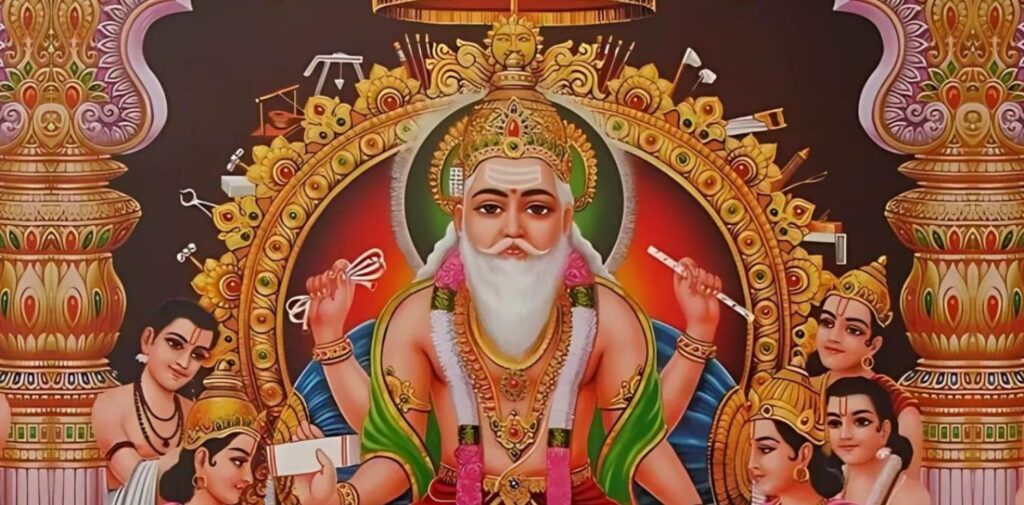
When is Vishwakarma Day Celebrated?
Vishwakarma Day is typically observed on the 16th day of the month of Bhadrapada in the Hindu calendar, which usually falls in late September or early October. In 2024, Vishwakarma Puja will be celebrated on October 13. The festival follows closely after Diwali, the festival of lights, making it a continuation of the festive season.
Rituals and Customs
The celebrations begin with devotees cleaning and decorating their workspaces, whether it be workshops, factories, or homes. Here are some common rituals associated with Vishwakarma Day:
- Idol Worship: Statues or pictures of Lord Vishwakarma are installed in workplaces. Devotees offer flowers, fruits, and sweets to honor the deity. Many also light lamps and incense sticks to create a sacred atmosphere.
- Puja (Prayer Ceremony): The puja involves chanting mantras and prayers dedicated to Lord Vishwakarma. This is often led by a priest or a knowledgeable elder. The rituals may include the recitation of Vishwakarma Stotra, a hymn praising the deity.
- Offering of Tools: Artisans and workers often worship their tools and machines on this day. They believe that by doing so, they receive the blessings of Vishwakarma for skill and safety in their work. This is a unique aspect of the festival, emphasizing respect for the tools of trade.
- Community Celebrations: In many regions, especially in states like Rajasthan, Haryana, and Punjab, community gatherings are held. People come together to celebrate with music, dance, and food, fostering a sense of unity and camaraderie.
- Feasting: Delicious food is prepared and shared among family and friends. Sweets, in particular, play a significant role in the celebrations, symbolizing joy and happiness.
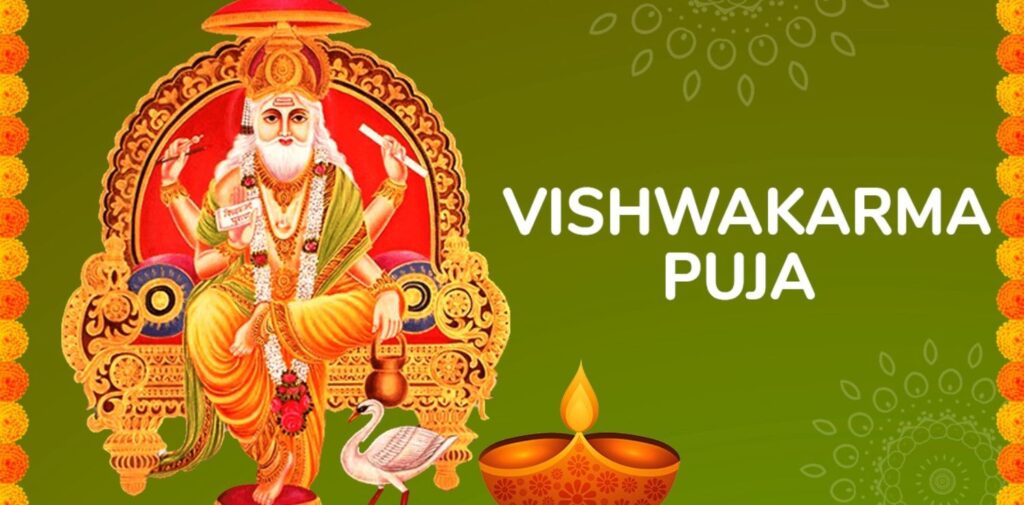
Vishwakarma Day Across India
Vishwakarma Day is celebrated with varying customs and traditions across different regions of India. For instance:
- In West Bengal: The day is celebrated with grandeur, often including processions and cultural performances. Here, Vishwakarma is seen as a protector of artisans and is revered in various forms.
- In Punjab: Many factories and industries organize special pujas for Vishwakarma, acknowledging his role in their craft and work. It is common for businesses to shut down for the day to honor the festival.
- In Gujarat: The festival often coincides with local fairs and community events, highlighting the importance of collaboration among artisans.
The Cultural Impact
The significance of Vishwakarma Day goes beyond religious beliefs. It plays a crucial role in highlighting the importance of craftsmanship in India’s economy. With the rise of modern technology, many traditional skills are at risk of being forgotten. Celebrating this day helps preserve these crafts and instills pride in artisans, encouraging the next generation to embrace their heritage.
Furthermore, Vishwakarma Day promotes social cohesion. By bringing people together in celebration, it strengthens community bonds and fosters a spirit of cooperation and respect among workers and artisans.
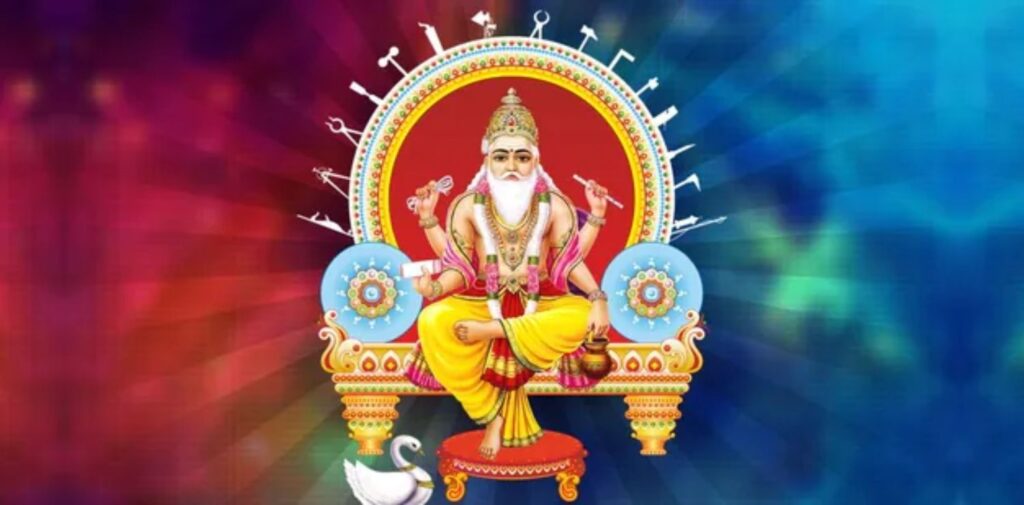
The Modern Relevance of Vishwakarma Day
In today’s rapidly changing world, the values embodied by Vishwakarma—creativity, skill, and dedication—are more relevant than ever. As industries evolve, the spirit of innovation continues to thrive. Celebrating Vishwakarma Day inspires individuals to take pride in their work and encourages a commitment to excellence.
Many contemporary artisans use this day to showcase their skills through exhibitions and fairs, attracting attention to traditional crafts. By doing so, they not only preserve their art forms but also contribute to the economy by promoting local handicrafts.
Conclusion
Vishwakarma Day is a beautiful celebration that honors the creativity and hard work of artisans and craftsmen. By recognizing Lord Vishwakarma’s contributions, we also acknowledge the vital role of skill and dedication in our lives. As we celebrate this festival each year, we are reminded of the importance of respecting labor and artistry involved in creation.
This year, as you observe Vishwakarma Day, take a moment to appreciate the artisans around you. Whether it’s the craftsman who creates beautiful furniture, the mechanic who repairs your vehicle, or the builder who constructs homes, their skills and hard work are deserving of celebration. Let this day be a reminder of the enduring legacy of craftsmanship and the spirit of creation that continues to inspire us all.

